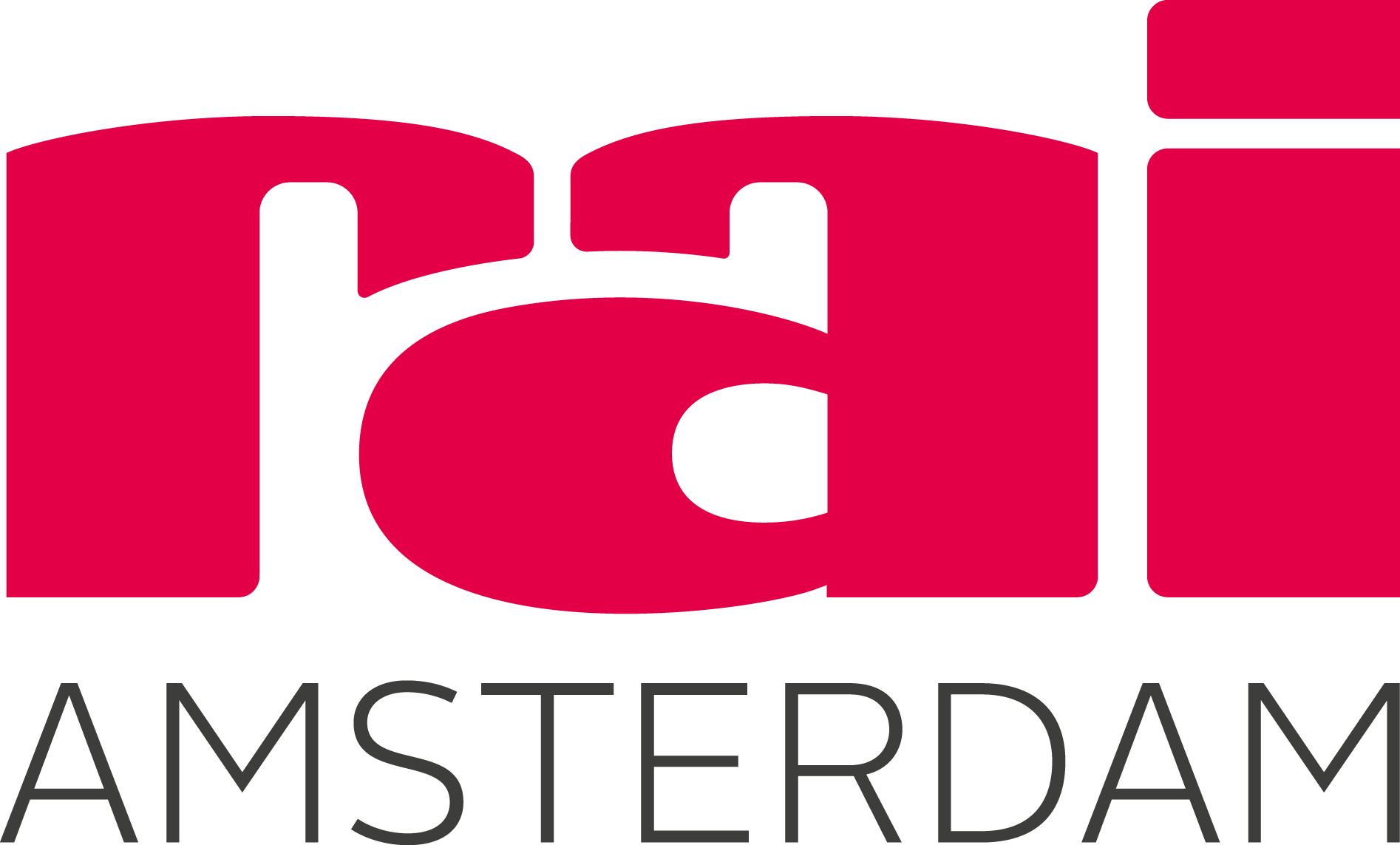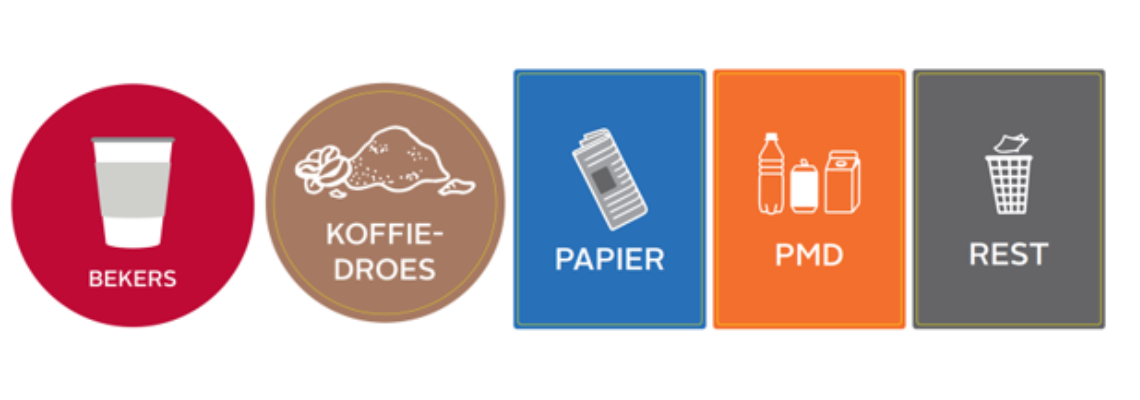New waste process at the offices of RAI Amsterdam
On the 13th of June, RAI Amsterdam started a new waste process at the office locations of RAI Amsterdam in close collaboration with CSU and Bnext. The aim of this development is to be able to process office waste at a higher level and to reduce the amount of residual waste.
Within this improved situation, RAI Amsterdam will improve the diversity of separated waste flows that are collected at the offices, in order to reduce the amount of residual waste and enable better recycling. At the moment, the flows of plastic, paper, coffee cups and residual waste are separated in the offices. In the new situation, the following waste streams are collected separately: plastic, metal can and drink carton (PMD), paper, coffee cups, coffee grounds, organic waste (pilot) and residual waste.
RAI Amsterdam will be part of the Zuidas PMD route.
PMD is the replacement for the current plastic flow. PMD was chosen because it can be processed and recycled at a higher quality. Bnext, the waste processor of RAI Amsterdam, is currently driving a PMD route at the Zuidas in Amsterdam, where the PMD from the RAI offices is transported to the location in Nieuwe Wetering where the waste stream will be mechanically separated and prepared for processing. As a result, no additional transport movements are realised.
From coffee grounds to biogas to building blocks for new products
The coffee grounds that the RAI collects at the office will be collected by Bnext and will be collected by Meerlanden from a central location in Amsterdam or Nieuwe Wetering. Here, the coffee grounds are processed within a circular system into, among other things, biogas and compost. Processing at Meerlanden is the first step. By mid-late 2022, Bnext plans to transport the grounds to Caffe Inc, where the grounds will be prepared for use in new products. For example, personal care products, sheet material and dyes are made from it. “We are very happy that with step one we can compost the coffee grounds at Meerlanden. Step two will be upcycling the coffee grounds into new products, in collaboration with Caffe Inc," says Floris Gloudemans of Bnext.
Waste on the exhibition floor
Waste management is high on the RAI's agenda, especially when it comes to waste on the exhibition floor. The separate collection of coffee grounds and PMD is new for the RAI. The possibilities of collecting these flows separately on the exhibition floor are currently being investigated. The first experiments for this are already under construction.
Preventing waste
In addition to paying attention to high-quality processing, RAI Amsterdam is also actively committed to preventing waste where possible. Within the offices, for example, this means phasing out the use of disposables in the short term. RAI Amsterdam continues to look for opportunities to reduce other waste sources.

